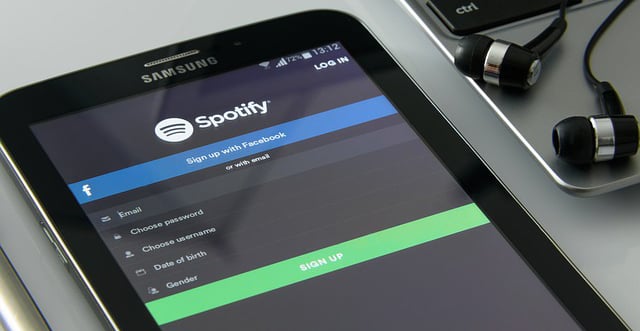
You have the talent, you have the gear, you invested the time, and now you have completed a song, an album, or a beat pack. The money should start rolling in, right? Wrong. Now it is time to put in more time and more work making sure your music is protected and ready to sell on the platform of your choice.
There is a lot involved in making sure you own every aspect of your creation and are compensated for your contribution no matter if it be in film, radio, online, or hard copy. Lets get started with all the legality.
LEGAL
Copyrights, publishers, distribution, and royalties are all things you need to familiarize yourself with in order to make sure your music is protected from unlawful duplication, use and in the rare instance that someone makes money claiming that they are the owner and creator. While this topic can be confusing and not as exciting, it will be worth it in the long run.
MAKING A DEAL
COPYRIGHT
As an example lets say you have a buddy who is making an independent film. He needs background music, a soundtrack. You, being a musician, think the idea of having your music in a film is awesome. You and your buddy agree to a flat rate of $50 in which he will pay you to use your music.
A few years down the road you see a DVD of your buddies movie in a store. You think, “hey that is awesome I made the music for that.” Another friend of yours asks you if you have seen this amazing movie that is getting a lot of attention.
You, of course, tell him you made the music for it. Your friend doesn’t recall seeing your name being credited. You buy the DVD and notice you are not credited.
You then call your friend and congratulate him on his success and also ask why you weren’t credited.
You sold your rights away in that $50 transaction. Think you can take him to court? Can you prove that it’s yours?
*SIDE NOTE*
The practice of sending a copy of your own work to yourself is sometimes called a “poor man’s copyright.” There is no provision in the copyright law regarding any such type of protection, and it is not a substitute for registration. More info HERE.
You can’t? You lose. You made $50 when you could have held the copyright and received royalties every time a preview was shown, the movie was played a t a theater, a DVD was purchased. You could have made bank and had your name credited.
Technically your composition is copyrighted automatically when the work is “created,” which the law defines as being “fixed” in a copy or a recording for the first time. However, registering songs with the Library of Congress puts your claim of authorship on the public record and may help if ever there is a dispute over credit or timing.
What would have protected you would have been a Synchronization License. Music Publishers issue licenses as copyright owner or his agent, usually to a producer, granting the right to synchronize the musical composition in timed relation with audio-visual images on film or videotape.
PUBLISHING
Can a person be both a songwriter and a publisher? Yes. In fact, many songwriters set up a company to publish their own works.
Say you've written what you believe will be the next number one hit. For that song to gain the glory it deserves, it needs to end up in the hands of an artist who can perform it the way it needs to be performed. You can't just call up Madonna and say, "Hey, I’ve got your next big hit." It just doesn't work like that. But an established publishing company can get your music into the hands of the people who can put it into the hands of top performers, which helps you make money.
The music industry relies on royalties generated by the licensing of copyrighted songs and recordings as a primary form of payment for musicians. Both songwriters and recording artists typically assign their rights to a third party for management, instead of attempting to track a song’s use and seek payment independently. Song copyrights are typically assigned to music publishers, while master recording copyrights are typically assigned to a record label.
TERMS YOU SHOULD KNOW
Performance Royalties
The fees music users pay when music is performed publicly. The use of music over the radio, in a restaurant or bar, or over a service like Spotify or Pandora is considered a public performance.
Performance Rights Organizations
Or PROs (in the US that’s BMI, ASCAP, and SESAC) collect songwriting performance royalties from music users and then pay songwriters and rights holders (publishers).
Like BMI and ASCAP, SoundExchange collects recording performance royalties for recording artists and labels whenever a music is performed publicly, but only for digital performances. Digital performances (for example, Pandora) pay a recording digital performance royalty to SoundExchange and a songwriting digital performance royalty to the PROs.
Mechanical Royalties
Mechanical royalties paid to songwriters and artists when music is licensed (think CD or vinyl) but also when music is streamed (streaming mechanicals) “on-demand” (like Spotify). Songwriting mechanical royalties are set by government through what’s called a compulsory license, which right now is set to about 9.1 cents per copy.
Current copyright regulation wasn’t created at a time when services like Spotify or Beats existed, (which are kind of a hybrid of ‘performance’ and a ‘sale’) so they pay both performance royalties and mechanical royalties to songwriters and artists.
CREATIVE COMMONS
The use of royalty free sounds,samples,loops, and beats.
CC0 1.0 Universal (CC0 1.0) - Public Domain Dedication License
The person who associated a work with this deed has dedicated the work to the public domain by waiving all of his or her rights to the work worldwide under copyright law, including all related and neighboring rights, to the extent allowed by law. You can copy, modify, distribute and perform the work, even for commercial purposes, all without asking permission.
Attribution 3.0 Unported (CC BY 3.0)
You are free to:
- Share — copy and redistribute the material in any medium or format
- Adapt — remix, transform, and build upon the material for any purpose, even commercially.
Under the terms:
Attribution. You must give appropriate credit, provide a link to the license, and indicate if changes were made. You may do so in any reasonable manner, but not in any way that suggests the licensor endorses you or your use.
Attribution-NonCommercial 3.0 Unported (CC BY-NC 3.0)
You are free to:
- Share — copy and redistribute the material in any medium or format
- Adapt — remix, transform, and build upon the material
Under the following terms:
Attribution — You must give appropriate credit, provide a link to the license, and indicate if changes were made. You may do so in any reasonable manner, but not in any way that suggests the licensor endorses you or your use.
NonCommercial — You may not use the material for commercial purposes.
SELLING YOUR MUSIC ONLINE
REPUTATION
If you are looking into selling sounds, beats, and loops online and no one knows who you are, you may want to create a pack of free sounds as a taste test. You can do this for free on Free Sound.
Create a simple profile and upload. Users can download, rate, and leave comments on your creations and its a great way to build a reputation and get your name out there.
FREE WEBSITE
Nothing is better than selling your music on your own. Creating a free website is very simple. Most offer templates that you can drag and drop and customize easily. A basic site is free and if you like they offer upgrade packages as well as domain purchasing.
PAYMENT PROCESSOR
In order to accept payment for the purchase of your music the most universal service is PayPal. Again, creating an account is totally free and very secure.
DISTRIBUTION/ONLINE STORES
There are membership based sites that will allow you to join for free and sell your music, however the fee is higher than if you were a registered member. On Audio Micro artists receive 35% of the sales from each file that they submit to our archive. Exclusive artists receive 50%. They allow/promote ASCAP, BMI, and other PRO artists while others exclude these artists. They pay a 50% royalty as opposed to 20% and even less.
Production Trax is another service that offers to host your media files securely on their servers, making sure no one can access your file until they pay for it. They handle all of the online payments and credit card processing; market their website to multimedia producers and music seekers worldwide, track your sales, and pay you every month (65% of your retail price) for the items that have sold.
Synth Mob offers you to keep 70% of each sale (or higher depending on your sales volume). They do not charge any monthly fees or per-listing fees.
First Dub offers free subscribers 70% of the sale price and paid subscribers receive 100% of the sale price. They do charge a monthly subscription fee.
There are also websites that charge a subscription or one time fee but will distribute your music to to iTunes, Amazon, Spotify, and Pandora.
BAND PROFILE AND SOCIAL MEDIA WEBSITES
For bands there are websites that offer licensing opportunities as well as the ability to sell music. They do charge a monthly subscription fee, however hosting audio tracks is free.
There is still some hard work ahead in order to sell music online. Once it’s posted and hosted and you are able to accept payment, then you gotta get out there and promote, promote, promote.
RESOURCES
Copyright Registration
U.S. Copyright Official www.copyright.gov
For Musical Composition https://www.copyright.gov/circs/circ50.pdf
For Sound Recording https://www.copyright.gov/circs/circ56a.pdf
Performance Rights Organizations
For those who have audio available, feel free to shamelessly promote yourself in the comment section below.










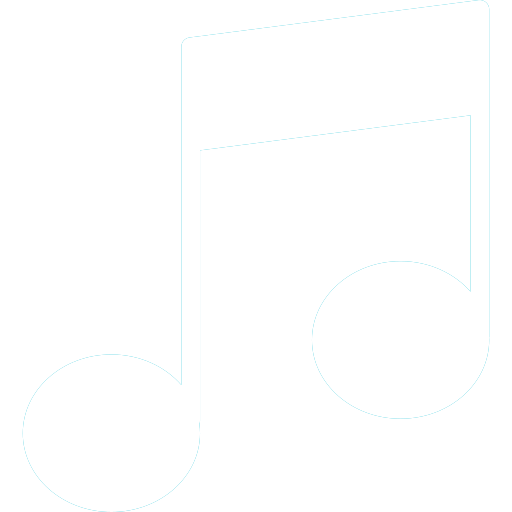


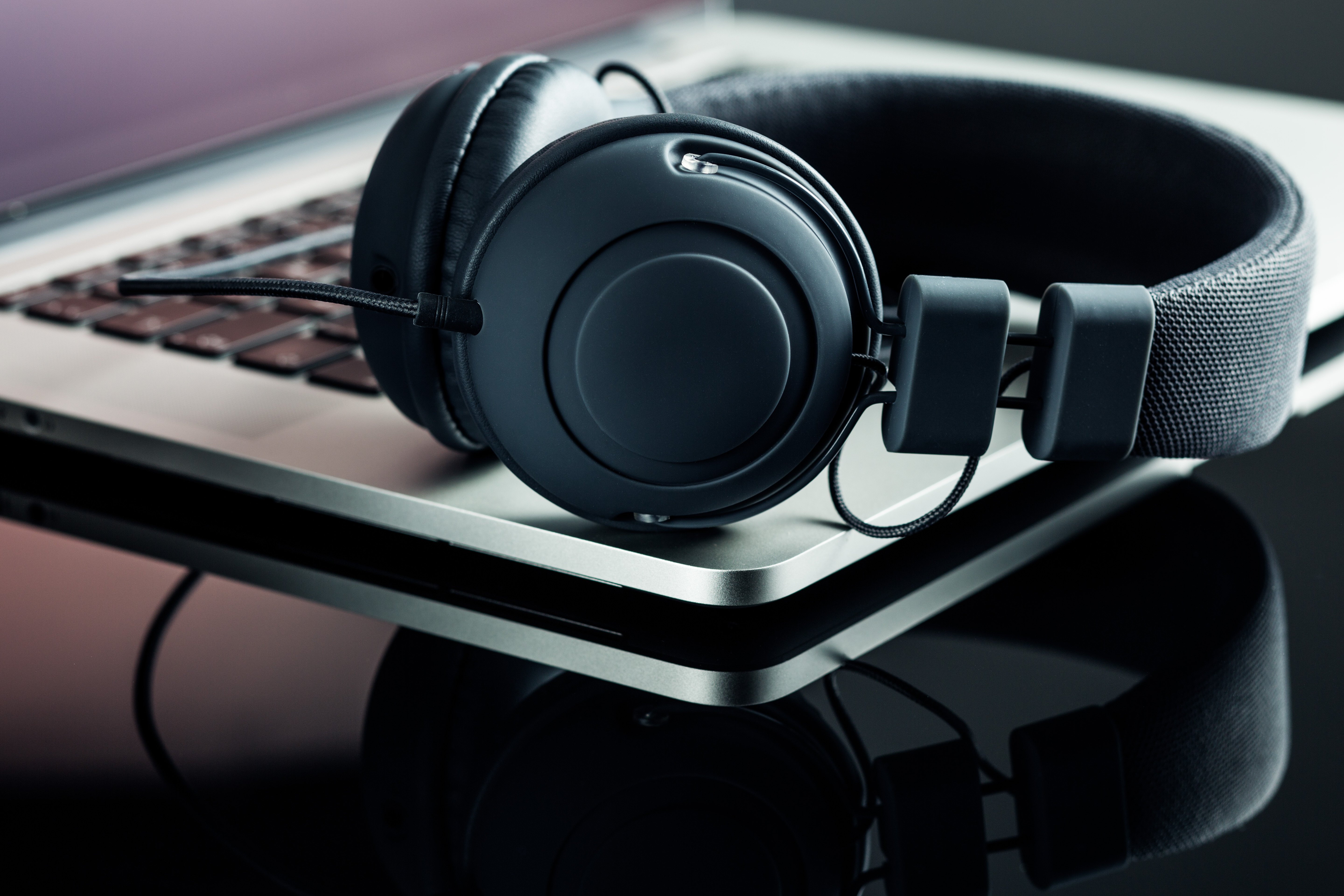
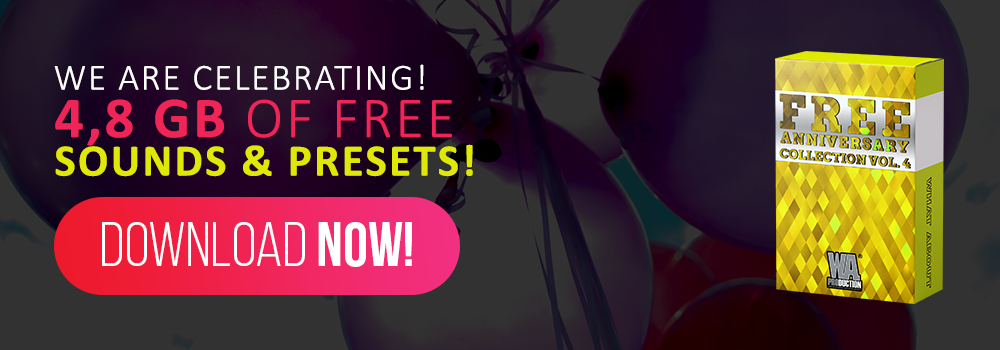
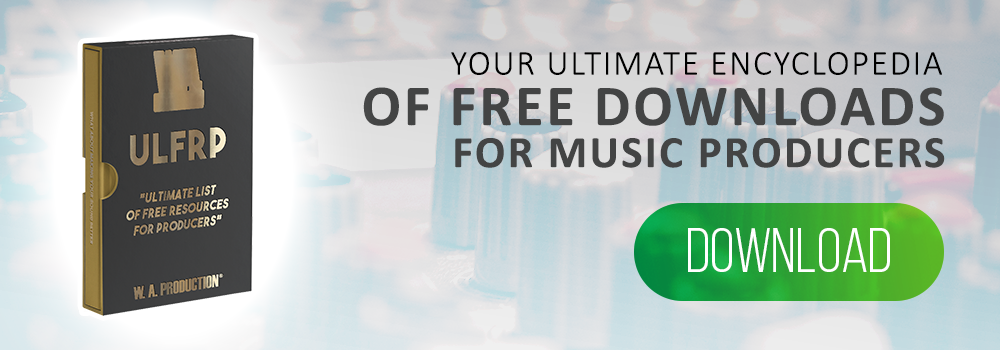
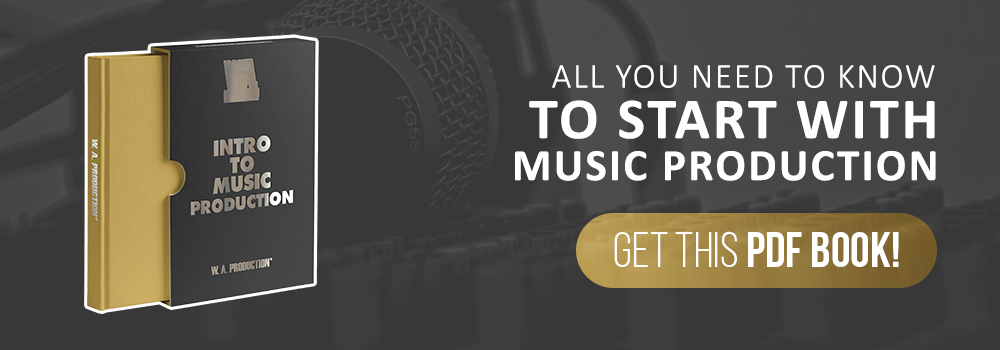
_Cropped.png?width=1600&name=02%20(2)_Cropped.png)




















Your Comments :